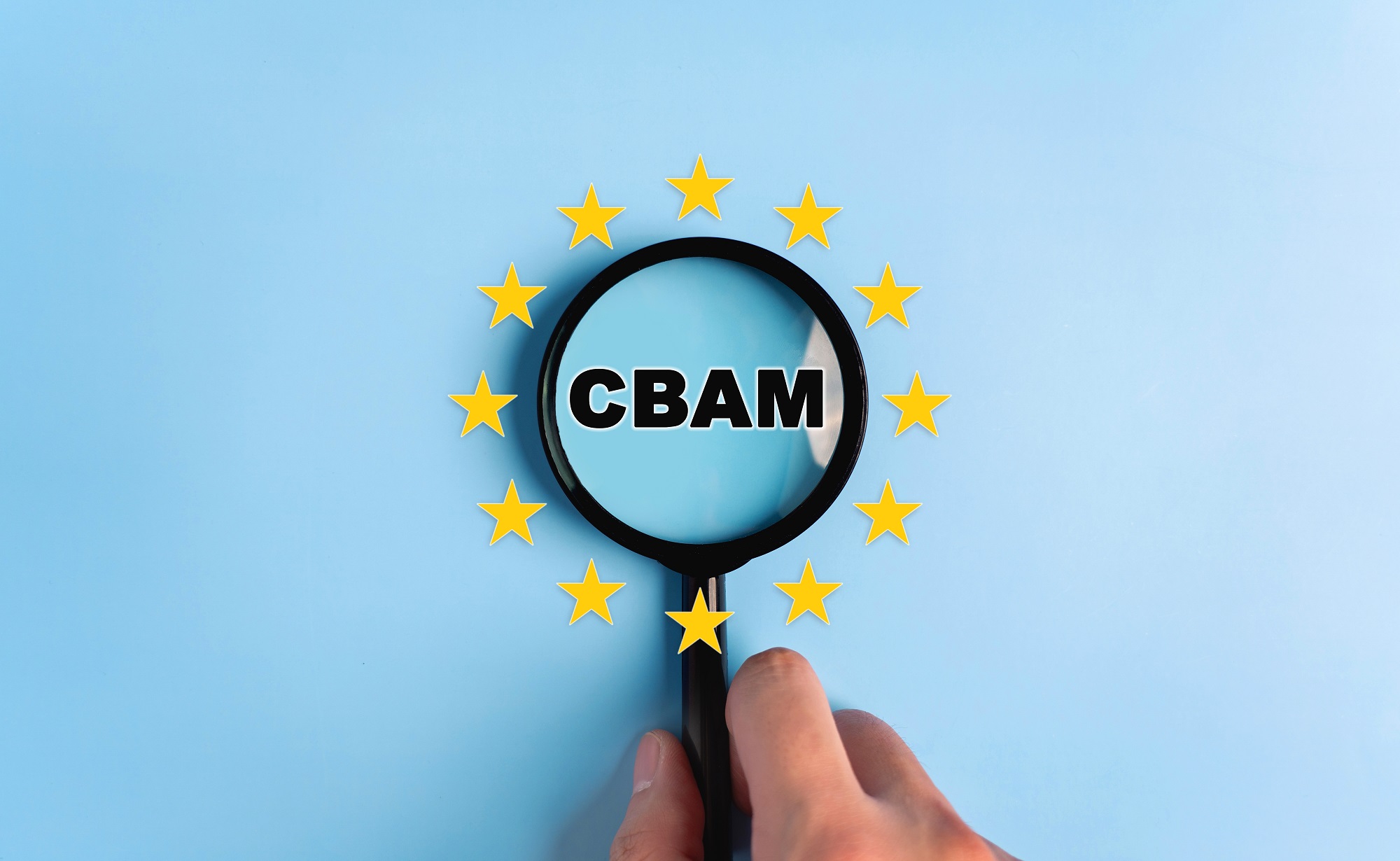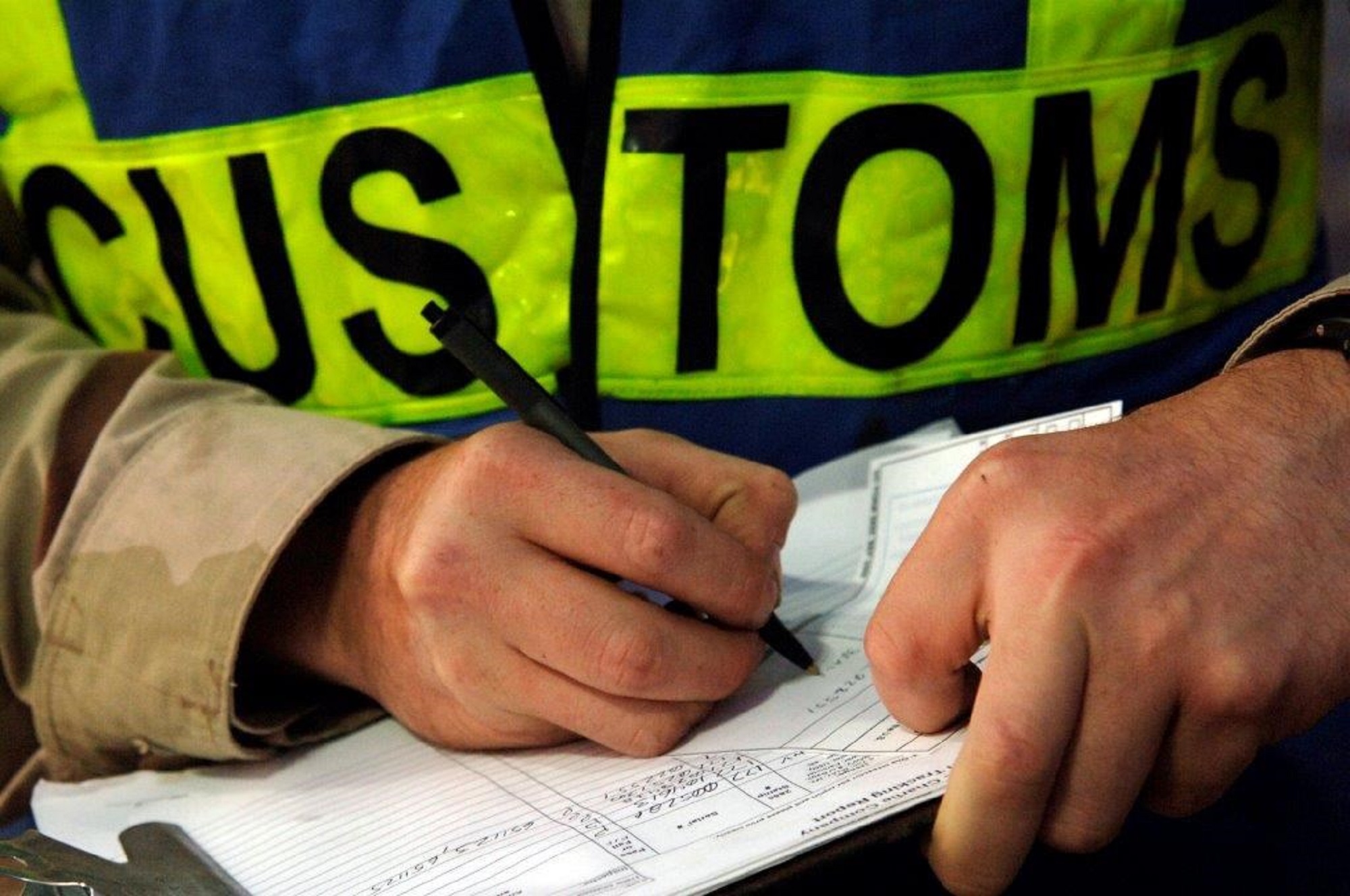UPDATE: As a result of technical issues related to the CBAM Registry, many entrepreneurs were unable to submit the required data and reports for the first reporting quarter (1 October – 31 December 2023) before the deadline of 1 February 2024. The European Commission has extended the reporting deadline by 30 days. Additionally, the Dutch Emissions Authority has indicated no penalties will be issued in cases where the first quarterly report was not filed on time (or has not been filed at all).
If you do not yet have your reporting in order, please be sure to contact our experts for advice and support as soon as possible.
The transitional scheme of the Carbon Border Adjustment Mechanism (CBAM) has now entered into force. Producers and importers have been required to comply with new calculation and reporting obligations since 1 October 2023. The first period to be reported on is 1 October to 31 December 2023. If your company falls within the scope of the CBAM, you must submit your digital report by 31 January 2024.
What does the CBAM entail?
The CBAM is an EU-level carbon border tax on imports of emissions-intensive goods produced outside the EU. From 2026 onwards, importers will have to purchase certificates if they import goods within the scope of the CBAM (CBAM goods) into the EU. These goods include specific products in the hydrogen, cement, electricity, steel and iron, fertiliser and aluminium sectors. You can read more about the CBAM and its key elements here.
Transitional phase until 2026
The CBAM will only actually take full effect in 2026. A transitional phase will apply until 31 December 2025. No certificates will need to be purchased during this period. Based on the transitional scheme, the import of CBAM goods is only linked to a reporting requirement. But take note: the first reporting deadline is approaching!
Reporting requirement: first deadline 31 January 2024
Under the reporting requirement in the transitional phase, each CBAM declarant must submit a report through the CBAM Transitional Registry within a month of the end of each quarter. A digital portal is now available for this purpose.
The reporting should include the quantity of CBAM goods by category, the total actual realised 'embedded' emissions from those goods and the total 'indirect' emissions. The latter category includes, for example, emissions released during the production of electricity consumed during manufacturing processes. Any emission allowances/prices paid in the country of origin must also be reported.
Don't be late!
Calculating emission values can be quite complicated. Moreover, a CBAM declarant is dependent for this on the (non-EU based) operator, the producer of the goods. Although the authorities may show some leniency in the initial period, they do have the power to impose sanctions. It is therefore important to determine whether your business is affected by the new legislation and, if you have a CBAM reporting requirement, to comply with it in a timely and diligent manner.
Want to find out more?
Would you like to know more about the scope of the CBAM and the obligations involved? Marisa Hut and Stevie Mols at VAT & Customs Advisory would be happy to discuss with you how the new regulations may affect your business.
The legislation and regulations in this area may be subject to change. We recommend that you discuss the potential impact of this with your Baker Tilly advisor.
Other insights
-
EU Deforestation Regulation (EUDR): stringent rules for importers, operators and traders
-
Customs Talks: How the new EU Deforestation Regulation (EUDR) will impact business with the UK
-
Customs Talks: Binding Valuation Information – progress in implementation





